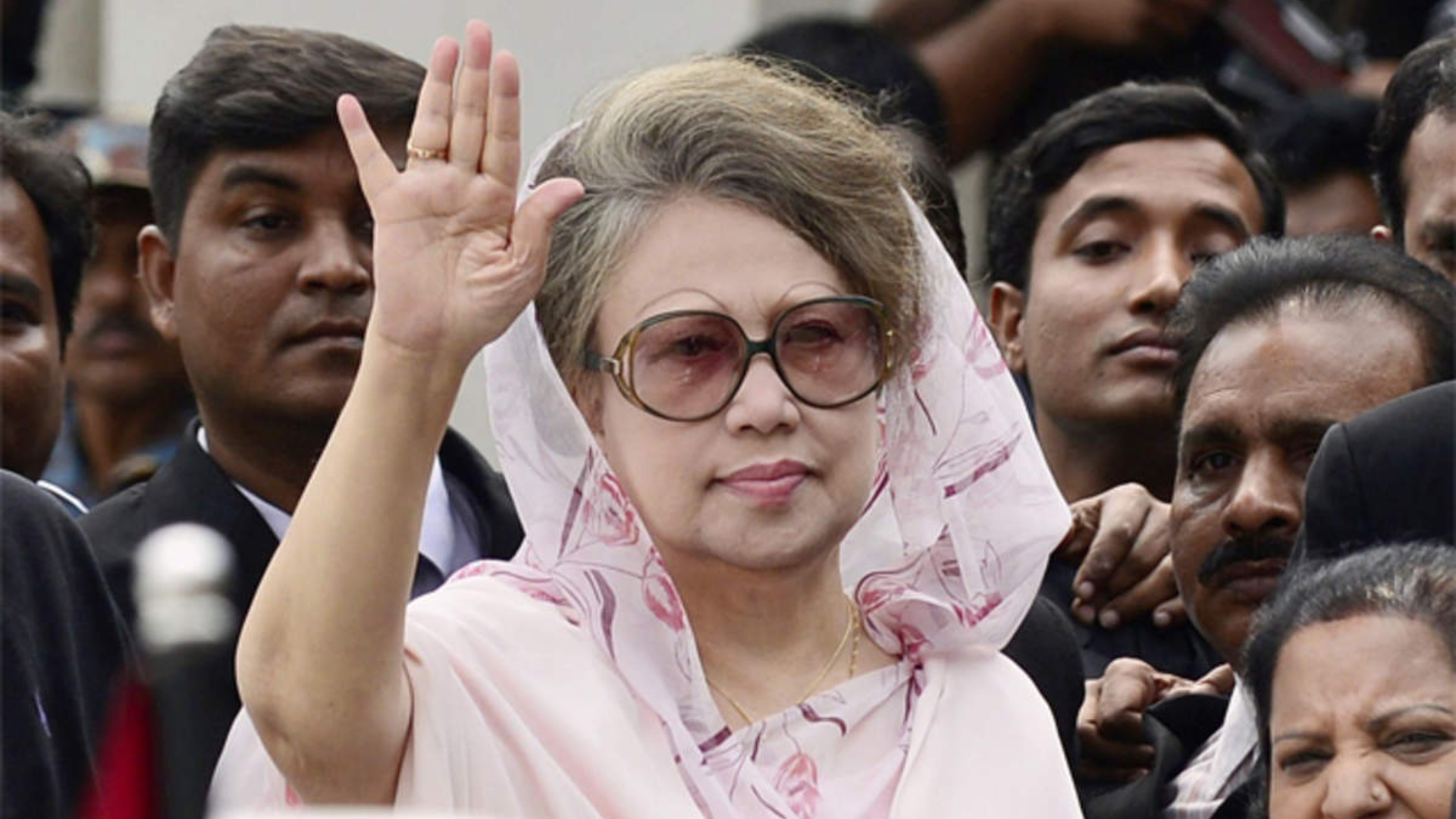On Tuesday, Bangladesh’s former Prime Minister Khaleda Zia embarked on a journey to London for medical treatment, leaving behind a nation in political flux. The 79-year-old, who has been battling serious health issues including liver cirrhosis, cardiac disease, and kidney problems, had previously been denied permission to travel abroad for treatment under the administration of her rival, Sheikh Hasina. Her departure marks a pivotal moment in Bangladesh’s political landscape, which has been deeply affected by recent events.
Zia’s medical condition, coupled with her political struggles, has ignited national and international attention. Her supporters argue that the corruption charges against her, which resulted in a 17-year sentence, were politically motivated. Following Hasina’s ouster and the rise of an interim government led by Nobel laureate Muhammad Yunus, Zia’s situation has changed. Under Yunus’ rule, she was acquitted in one of the corruption cases, and a second case is currently under appeal.
The former PM’s departure was marked by heartfelt scenes outside her residence in Dhaka as hundreds of her supporters gathered to bid her farewell. Zia was escorted aboard a special air ambulance sent by the Emir of Qatar, Sheikh Tamim bin Hamad bin Khalifa Al Thani, reflecting the growing influence of international diplomacy in her treatment and political maneuvering.
As she heads to London, Zia’s party, the Bangladesh Nationalist Party, is gearing up for elections amid rising political tensions. The country’s future is uncertain, as various political factions, including a new student-led movement and Islamist groups, prepare for the upcoming elections under Yunus’ interim government.
ALSO READ: Explained: What Led To The Massive Earthquake In Tibet, Killing 95 Today?





















